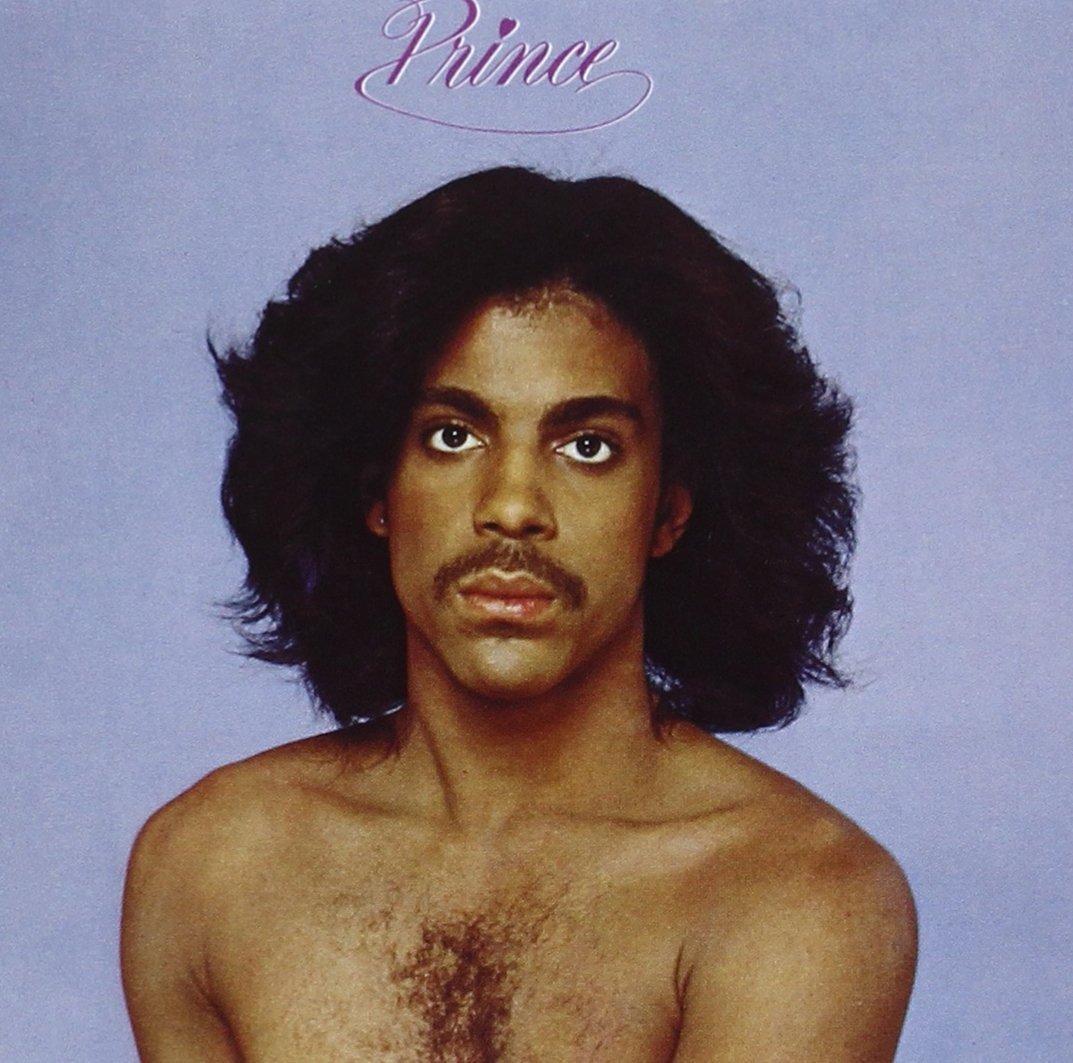As a fashion critic I am not qualified to write the obituary of any great musician. I can’t tell you what made Prince’s music sound like it did, and I don’t know the terminology for it. What I know about Prince is that when I was a teenager, I first established what I called my Phenomenal Five. They were Michael Jackson, Madonna, David Bowie, Marilyn Manson, and Prince—perhaps an odd crowd to some, but to me they all represented the same thing: hyper-individuality, and an ignorance of mediocrity I’ve only ever been able to define as magic. Before Lady Gaga and Katie Perry and Nicki Minaj wore fancy dress and told every teenager who felt like a freak that they were born that way, Prince and his otherworldly superstar peers braved a world that wasn’t at all ready for how they looked and acted and the stuff they sang about. They didn’t say a word about their appearance and what it meant, but they innately made the teenagers of their time feel the exact same way as those present-day idols.
Prince was a petite man with fabulous hair and a full face of make-up, who wore high heels and disco trousers tighter than a torero. He dressed the part of his name, like a little eighteenth century prince, and made anyone who found that strange accept it because it was all about his out-of-this-world music. He epitomized a time in modern history, and a rare generation of performers, whose personal expression was as larger-than-life as their musical genius. In a time like the one we live in now, when everyone is feeling the winds of change — whether it’s a revolution of gender, race or something else — it’s important (and virtually unbelievable) to think that Prince did it all three decades ago. We owe him some of the best music ever written — melody on par with Mozart and Strauss — but we also owe him an early but steady revolution for the freedom of personal expression and individuality. Prince taught us that looks had nothing to do with sexuality (“I wear heels because the girls like ’em,” he once quipped) and that your appearance didn’t need an explanation.
As the minimal 90s set in and the flamboyance of the 80s was no longer in vogue, the contrast between Prince and the material world became more obvious than ever. Like Michael Jackson and David Bowie, his innate eccentricity wasn’t compatible with a culture of austerity, and his freakish genius stuck out more than ever before. This was the decade I fell in love with him, just like the other Phenomenal Five. It wasn’t nostalgia for the 70s and 80s, but an appreciation of people who didn’t conform and didn’t want to be the same. They fashioned themselves in the image of kings, and while they may have missed the titles, they became a kind of regal icons similar to Queen Elizabeth II, who has now outlived them all. In the less glittery decades in which they lived the last parts of their lives, they became aliens, occasionally greeting us earthlings by gracing us with rare and always unbelievable appearances.
In the hours after Prince’s death, my Instagram was flooded with people’s despair of losing both Bowie and him in such a short period a time, and so early in their lives. Perhaps the brightest stars – Michael Jackson included – simply have to burn out. Their light won’t fade—it has to shut off with a bang. Prince, Michael Jackson and Madonna were all born in 1958, and became the biggest superstars on the planet. After the death of Princess Diana, no one was more famous than three of them — not even popes and presidents — because their influence on modern culture happened in a time that was moving so fast it became a concentrate of evolution—an explosion of change. They all crossed paths, on Madonna’s Like a Prayer album, which Prince produced and appeared on, and for a brief while when Prince was meant to feature on Michael’s Bad. They admired and defended each other, and as the last man standing, I console myself we still have Madonna to fly the flag of this prodigious trio of 1958. We are running out of magic.
In the weeks to come, we will celebrate Prince’s music, dance to “Little Red Corvette,” cry to “Nothing Compares 2 U,” and sing our lungs out to “Purple Rain.” But we should also listen to “Sexy MF” and to “Gett Off,” and appreciate the risks taken by this man, and what they’ve meant to the freedom of life we enjoy today. And I hope that another time will come for supernatural creatures like him, where their eccentricity and flamboyance isn’t the outcome of a marketing meeting at the pop star factory, but a genuine expression of otherworldly genius—the kind you could never hide. Prince changed my life before it had even started, and like that he changed the whole world. May he guide a new generation to the purple rain.
Credits
Text Anders Christian Madsen
Photography Herb Ritts, Prince, 1991
